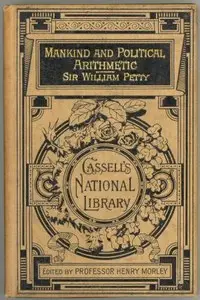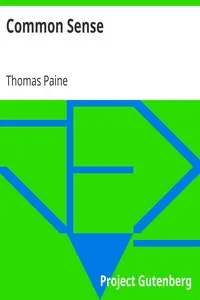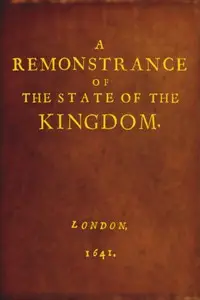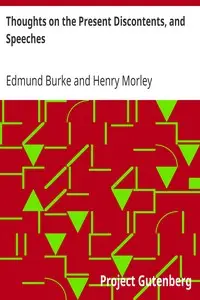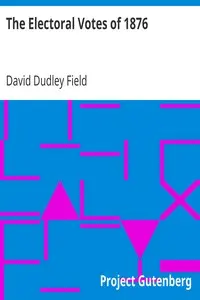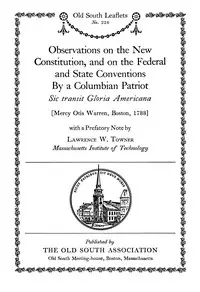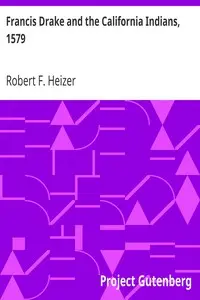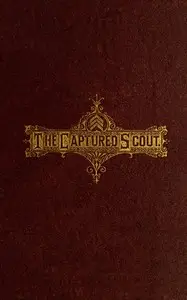"Count the Cost" by Jonathan Steadfast is an early 19th-century political argument addressed the citizens of Connecticut aiming to preserve the way things were. This work reflects the worries of the time, discussing how government works best, sticking with known political systems, and doubting changes being suggested, especially a new constitution. In his writing, Steadfast warns people to consider the downsides of political changes pushed by groups in the state. The author carefully studies the situation in Connecticut, highlighting its good fortune and steadiness under the current government. He cautions against the rising unhappiness stirred up by reformers who question the normal way of doing things, claiming that their suggestions—like allowing everyone to vote and getting rid of laws that support religious groups—would cause moral decline and disorder. He believes that the state's past achievements and existing systems shouldn't be dismissed quickly. Steadfast urges readers to "count the cost" before voting for changes, stressing the importance of thinking carefully and valuing the current government, has protected the state’s peace and well-being for years.

Count the Cost An Address to the People of Connecticut, On Sundry Political Subjects, and Particularly on the Proposition for a New Constitution
By David Daggett
A worried citizen warns his community to carefully consider the dangers of changing their government and time-tested traditions.
Genres
Released
2004-01-01
Formats
epub
mobi
mobi (images)
epub (images)
epub3 (images)
txt
Free Download
Summary
About the AuthorDavid Daggett was a U.S. senator, mayor of New Haven, Connecticut, Judge of the Connecticut Supreme Court of Errors, and a founder of the Yale Law School. He helped block plans for the first college for African Americans in the United States and presided over the conviction of a woman running a boarding school for African Americans in violation of Connecticut's recently passed Black Law. He judged African Americans not to be citizens and supported their colonization to Africa.
David Daggett was a U.S. senator, mayor of New Haven, Connecticut, Judge of the Connecticut Supreme Court of Errors, and a founder of the Yale Law School. He helped block plans for the first college for African Americans in the United States and presided over the conviction of a woman running a boarding school for African Americans in violation of Connecticut's recently passed Black Law. He judged African Americans not to be citizens and supported their colonization to Africa.
Total Reviews
10.0k
Total reviews from Goodreads may change

